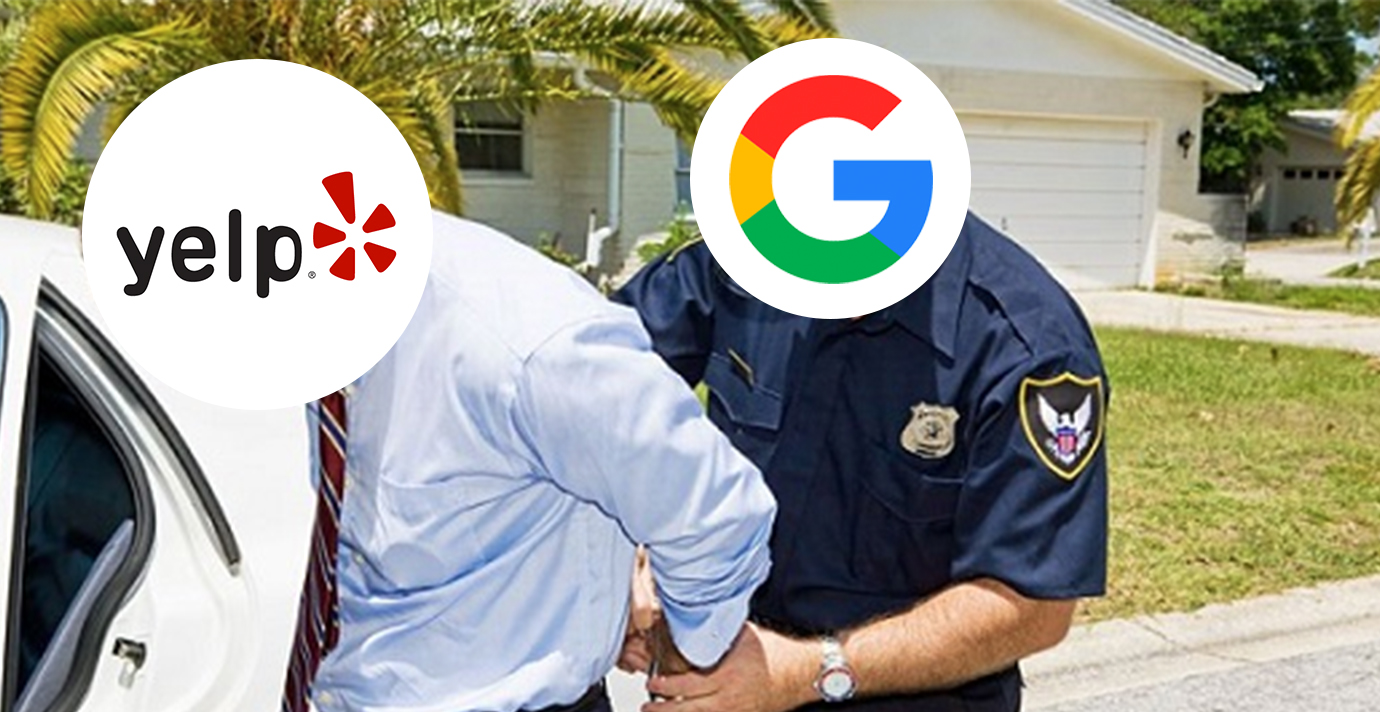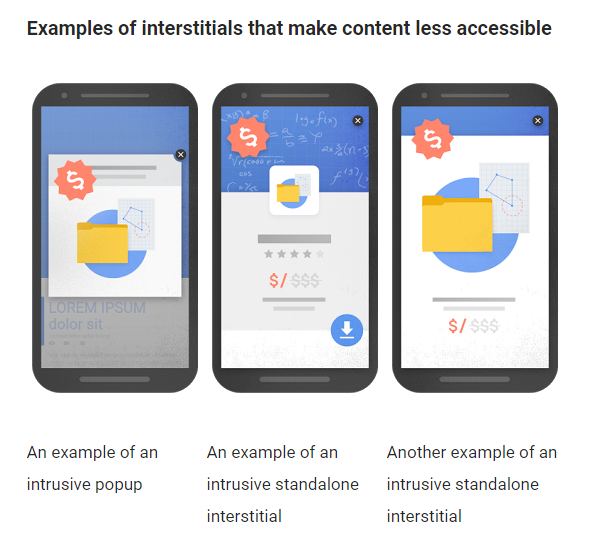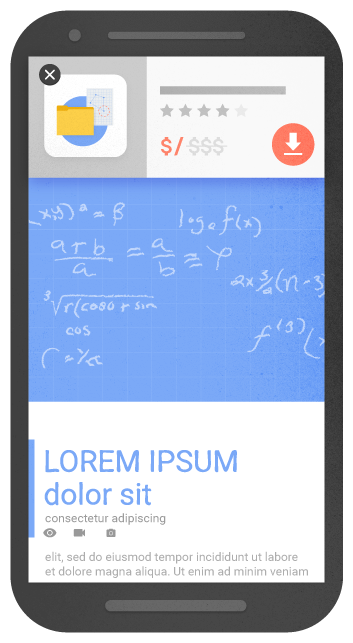Google to send popups to jail
 Google
Google
Digital Publishers beware: Google is coming after you if you force your mobile user base to suffer through popups.
In their most recent blog post, the search giant announced that in a bid to improve mobile user experience (UX), pages with intrusive interstitials, “may not rank as highly.”
In other words, stop blocking content on mobile devices or face a drop in rankings.
What Google deem an intrusive interstitial - or in simpler terms, an annoying advert that pops up to block the website’s main content is:
- Showing a popup that covers the main content, either immediately after the user navigates to a page from the search results, or while they are looking through the page.
- Displaying a standalone interstitial that the user has to dismiss before accessing the main content.
- Using a layout where the above-the-fold portion of the page appears similar to a standalone interstitial, but the original content has been inlined underneath the fold.
Just like Facebook’s perennial war on clickbait, Google has given penalties for this behaviour before. In November 2015, the company released an update to penalise sites with intrusive interstitial app install adverts.
Acknowledging this very specific signal checker, the forthcoming update in January 2017 will incorporate this previous update into their broader assault on popup adverts and calls to action in general.
“We previously explored a signal that checked for interstitials that ask a user to install a mobile app. As we continued our development efforts, we saw the need to broaden our focus to interstitials more generally. Accordingly, to avoid duplication in our signals, we’ve removed the check for app-install interstitials from the mobile-friendly test and have incorporated it into this new signal in Search.”
It is important to note that Google is not against interstitials full stop. Cookie acceptance and age verification interstitials are permissible, just as are very small interstitials at the top of the screen. For instance:
While Google’s most recent update will no doubt please users, there are some digital publishers and app developers who see the move as a bid to drive them out of business. To name one prominent figure, Co-founder and CEO of the local listing and review site, Yelp (Jeremy Stoppelman), accused Google of protecting it’s monopoly, not it’s user base.
The accusation, however false, does hold water. As Search Engine Land point out, apps are a huge threat to Google Search. After all, if instead of searching for local restaurants in Google, you download Yelp and search through there, Google loses a user who will most likely never come back.
Following this logic, it therefore makes perfect sense for the company to crack down on aggressive app install call to actions that will hurt their business in the long run.
Blueclaw will continue to monitor the situation. If you feel you are at risk of the forthcoming update, feel free to contact us and we’ll provide you with all the answers you need.




